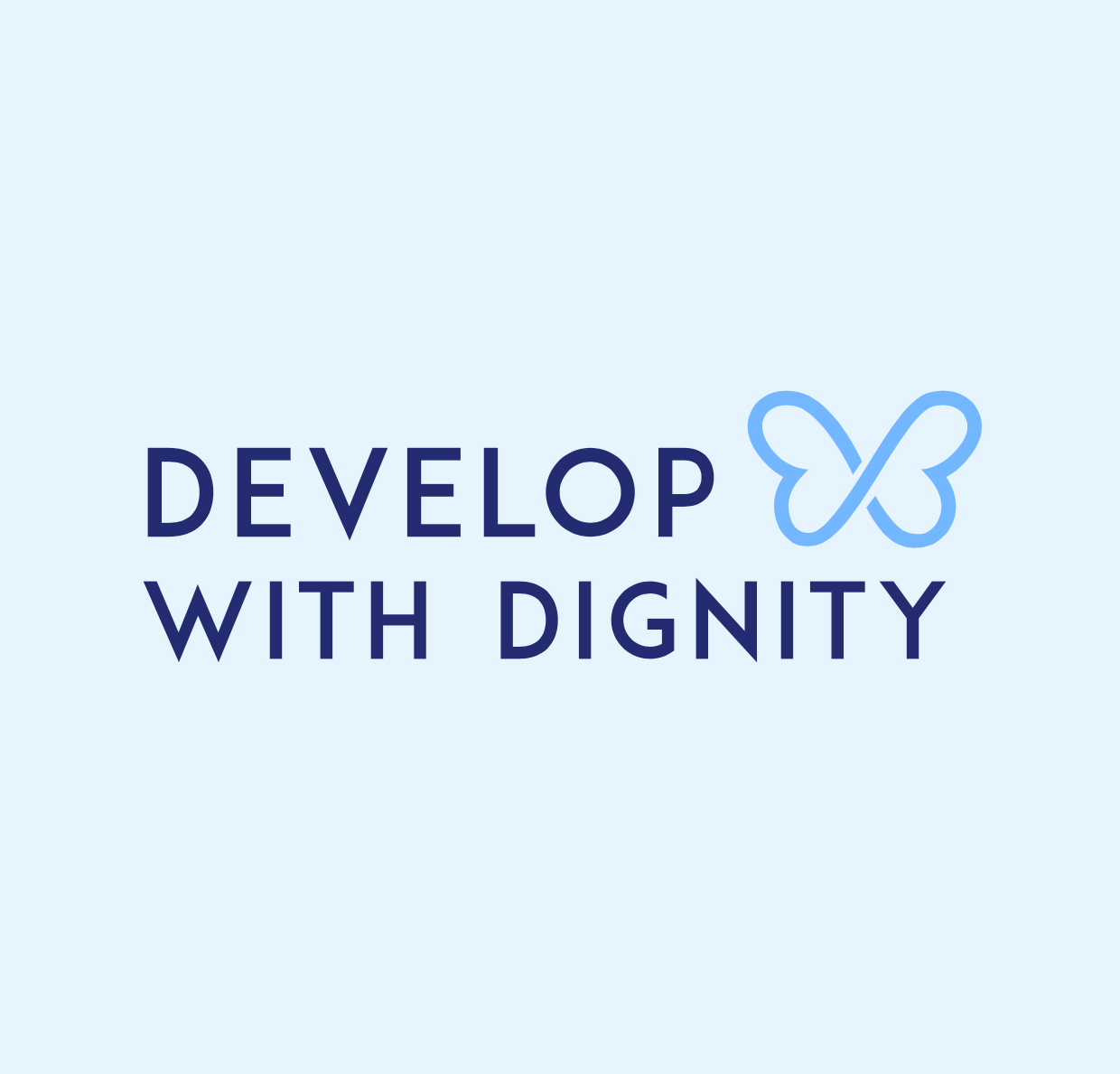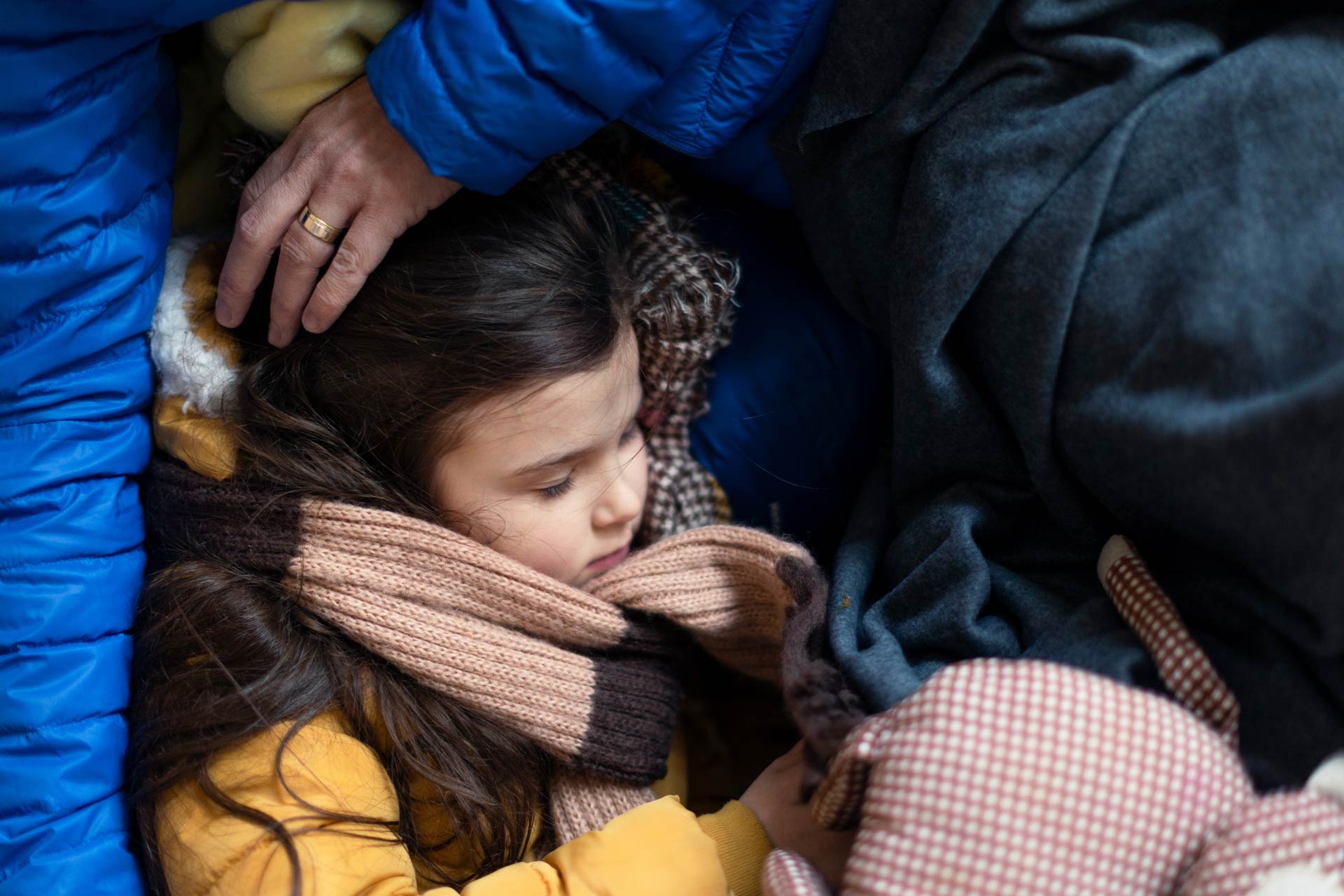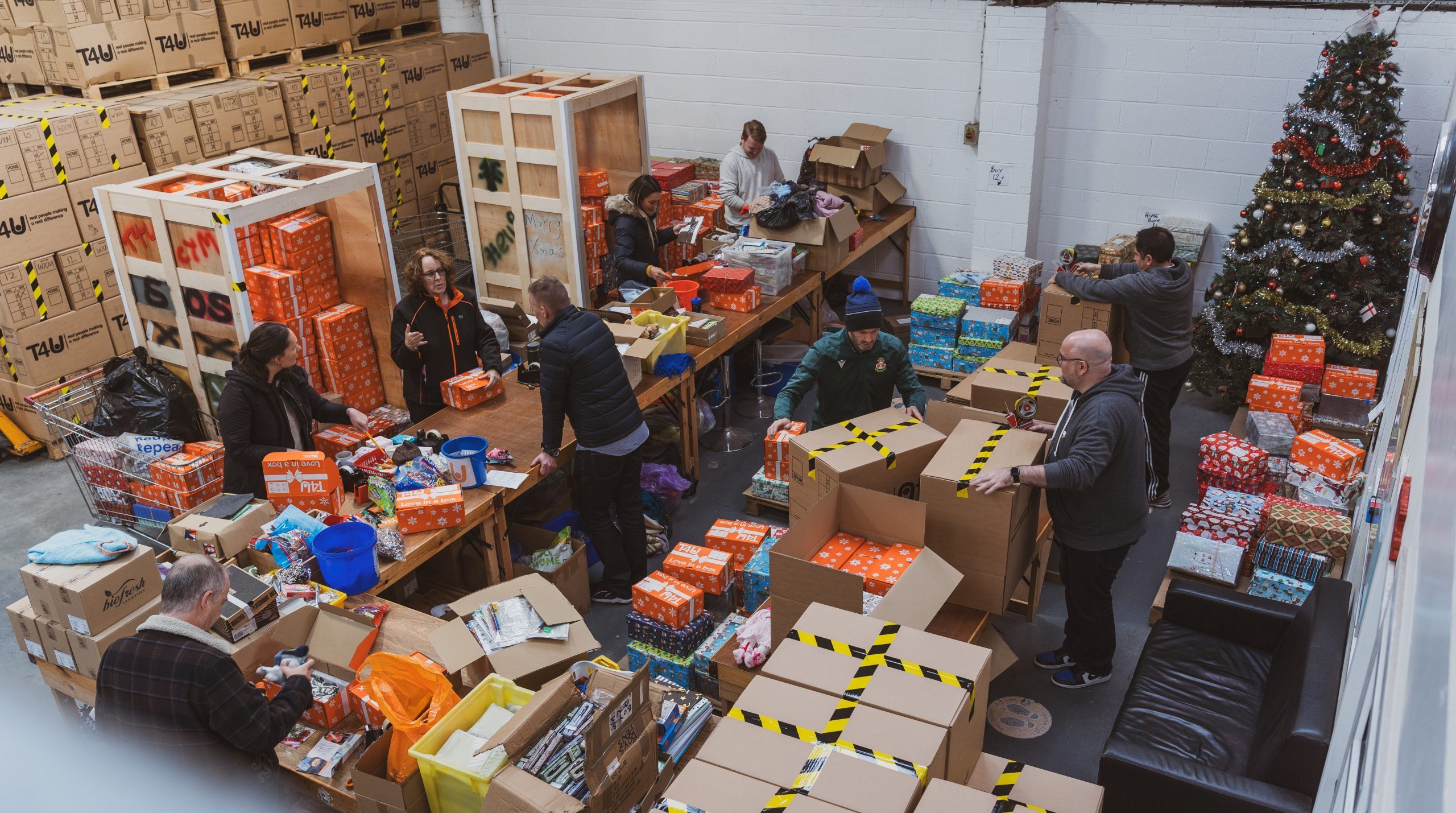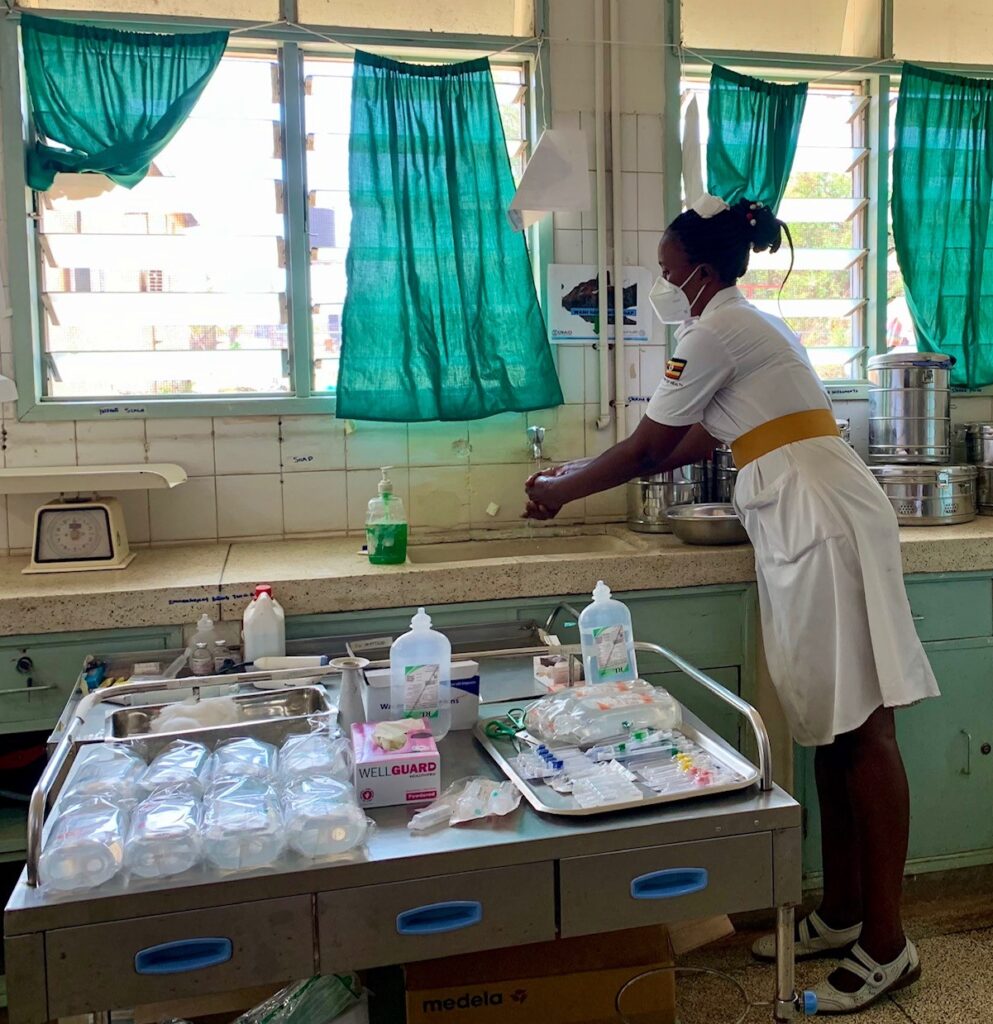Many health facilities and schools do not have internal plumbing in Uganda, instead relying on heavy jerrycans and carrying these to wherever they’re needed.
We’ve just finished a significant project plumbing water and installing toilets and showers into three core health facilities, and providing 23 schools with multi-use handwashing platforms in Eastern Uganda.
But what’s been the impact?
Turn on the Tap 🚰
“You know a hospital can’t do without what? Without water.”
Dr Simon Oluka

Flowing Water
Prior to this project, staff and patients would have to physically carry water into wards, labour suites and even the operating theatre.
Not having routine and easy access to water delayed work and jeopardised safety.
It was standard practice to request patients to fetch their own water when admitted to hospital.

Before we had water in the facility, when the clients came, when they brought their mothers to deliver, we requested them to fetch for us at least a jerrycan of water. When they fetch it, we can use it for cleaning the place.
Teddy, Midwife
We are really very happy that you have provided us with water. You know all those days we used to carry water from home, it’s been a challenge, but since you have brought for us water, we are ever so grateful.
Judith, Maternity Patient
Critical to Healthcare
We know that handwashing with clean water and soap reduces infection, and is really crucial in a health facility’s general practice. But staff were relying on regularly filling portable containers to make sure they had water in their wards.
Before, we had to use basins or containers for scrubbing. During emergencies, mostly we would send people to run and fetch water which would even cause delays in starting surgeries. But now, with the water, that time has been cut short, we can now regularly do our operations.
Dr Simon Oluka, Atutur Operating Theatre

Water is fundamental in the day-to-day running of these facilities; from cleaning, sterilising equipment, facilitating patients to swallow medicine, and conducting tests in the pathology labs.
I’m a laboratory technician at Nyero Health Centre, and now with your support we are able to do a wide range of tests, which several require water, and that is mostly TB, ZN Staining, of which, at each and every step, it needs water, so all the time we can use water.
Job Opolot, Lab Technician
Improving Sanitation 🚽

Water-borne toilets
Our project has installed 31 toilets, including 12 accessibility toilets, for staff and patients.
I used to fear going to the latrine on my night shift, as I would have to move out of the ward, and it was very dark outside. Now, I can use the inside toilet and I am safe, and does not take me away from the patients.
Lydia, Nurse, Mukongoro Health Centre

Constructing Washrooms
We’ve been able to provide 28 showers, for staff to wash and change before leaving work, and for patients to be able to bathe in privacy, without having to bend to clean themselves from a pail of water.
The washrooms are very important for the mothers, reason being, before these washrooms, mothers used to suffer out there, some used to bathe from out when the community members are watching, but now, they have privacy.
Florence, Enrolled Nurse, Nyero Health Centre
Supporting School Children 🧮

Handwashing Platforms
Few schools were providing adequate equipment for their pupils to wash their hands after visiting the latrine. This project enabled our contractors, Sanitation Africa Ltd, to build these multi-use handwashing platforms in 20 primary schools, helping prevent the spread of infection across 16,000 children.
We had Tippy-Taps before but they were not good. Only one child could use, at a time, and they broke easily with over-use. Also, the issue would be, at some point during the day, the water would run out, and so the rest would not wash their hands. Now, these tanks they are sufficient for the pupils, and the water lasts long.
Moses Aikomo, Headteacher, Mukongoro Township School

Changing Facilities
Additionally, 8 in 10 schools in rural Uganda do not provide private changing spaces for girls to manage their periods at school. We learnt that 29% would frequently miss school because they would need to go home to change their menstrual pads. Many feared an ‘accident’ which led to anxiety, lack of concentration in class, and skipping school.
Our project enabled the construction of these double washrooms in three schools, all equipped with rainwater collection, an external water tank, internal water source for washing and rinsing re-usable menstrual products, and an outside multi-use handwashing platform.
The schools recorded a 24% drop in menstrual-related absenteeism after they received this provision.
Wales and Africa Emergency COVID Response
This project was funded through securing £125,000 from the Welsh Government’s Wales and Africa Grant Scheme, along with over £20,000 from our donors.
Thank you to everyone who regularly donates to Teams4U, and to our Water, Sanitation, and Hygiene work, for making this incredible project possible, improving the health and dignity of over 100,000 people!
Donate to Water, Sanitation & Hygiene
Make a one-off, or monthly donation, to enable us to support even more health facilities with this critical, life-saving investment.
Take a look 🙂
Improving Patient Experience, Eastern Uganda
Screening for HIV, Eastern Uganda
Impacting Operating Theatres, Eastern Uganda
Supporting Girls in School, Eastern Uganda






